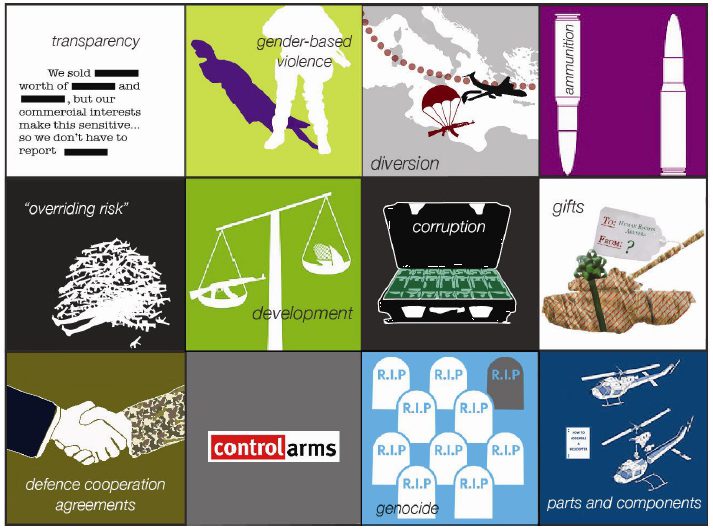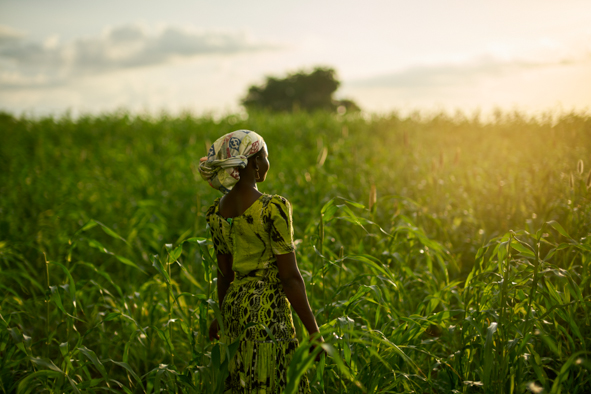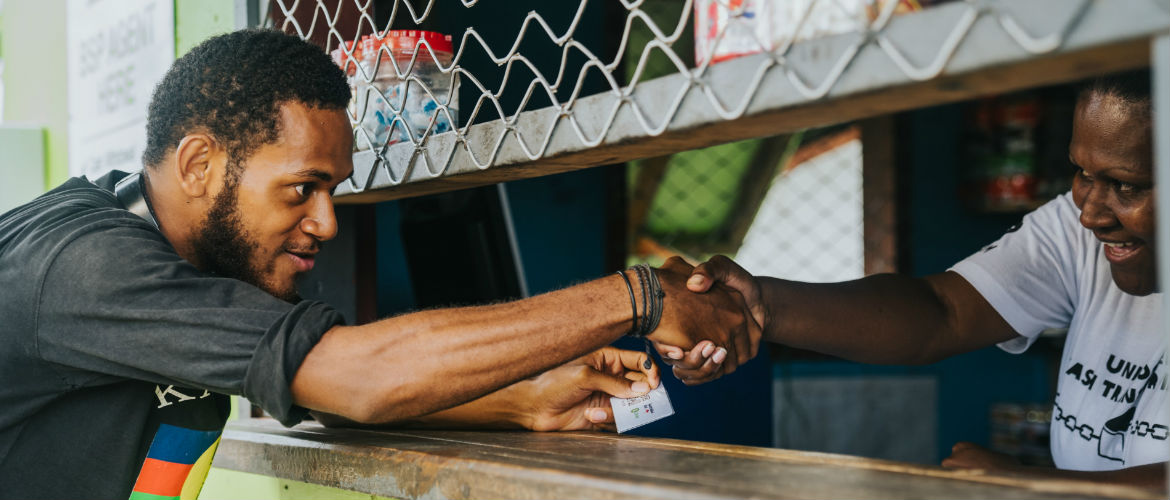This week marks the second anniversary of the start of the bloody Syrian civil war, which has killed an estimated 70,000 people, injured hundreds of thousands more and led to over a million people fleeing the country in fear.
The UN Security Council has failed to impose an arms embargo on Syria. With only a patchwork of regional and national controls currently in place in the absence of tough, legally binding international standards, it’s all too easy for arms such as helicopters, fighter jets and to continue flowing to this warzone and others, causing further deaths and suffering.
Next week at the United Nations, New York, the world has an historic opportunity to put an end to irresponsible arms transfers that fuel human rights violations and undermine sustainable development progress.
The Arms Trade Treaty is an historic international agreement that seeks to develop tough global rules for the international arms trade, preventing weapons from ending up in the hands of human rights abusers, repressive governments and criminal gangs. It will seek to close the currents gaps in the international system which are frequently exploited by unscrupulous arms dealers.
When talks begin on Monday 18 March, world governments will consider a draft treaty produced through talks last year. While this text contains many positive elements, there are also a number of loopholes that could considerably weaken the Treaty’s impact.
In a new report Getting it Right: The Pieces that matter for the Arms Trade Treaty, Oxfam and Saferworld set out the major gaps in the draft Arms Trade Treaty, with recommendations on how governments should fix these over the next two weeks.
In particular, the report expresses concerns that the current draft has weaker controls for the transfer of ammunition and weapons parts than other types of weapons – despite the fact that guns can last decades and move easily from conflict to conflict, but are powerless without bullets.
It also highlights problematic exemptions allowing countries to use contractual obligations to continue transferring arms to places where they are likely to be used for serious human rights violations. This is exactly what happened in March 2012 when Russia’s Foreign Minister cited a 2008 defence agreement to justify a shipment of refurbished helicopters to Syria.
Australia has been a long-term supporter of the Arms Trade Treaty. When it comes to the difficult changes that need to be made in the negotiating room, we should not settle for a easy, compromise deal.
History has shown that strong treaties create high international standards and bring about change, even for non-signatories. A weak treaty that gives legitimacy to crooked arms deals could be worse than no treaty at all, no matter how many countries sign on
The millions of people worldwide killed, injured or displaced through violence facilitated by poorly controlled arms need robust regulations, not a quick fix.
Read Oxfam’s new briefing paper Getting it Right: The Pieces that matter for the Arms Trade Treaty.
Tweet the #ArmsTreaty!
Share the new Oxfam report and send a message to Foreign Minister Carr and the Australian Government that we need a bulletproof Arms Trade Treaty, not a weak compromise!


 Doris*, daughter, 5; Pamila*, 2. Christina grows maize and she was shown how to make compost as part of the CRAFS (Climate Resilient Agriculture and Food Systems) programme.
Doris*, daughter, 5; Pamila*, 2. Christina grows maize and she was shown how to make compost as part of the CRAFS (Climate Resilient Agriculture and Food Systems) programme.